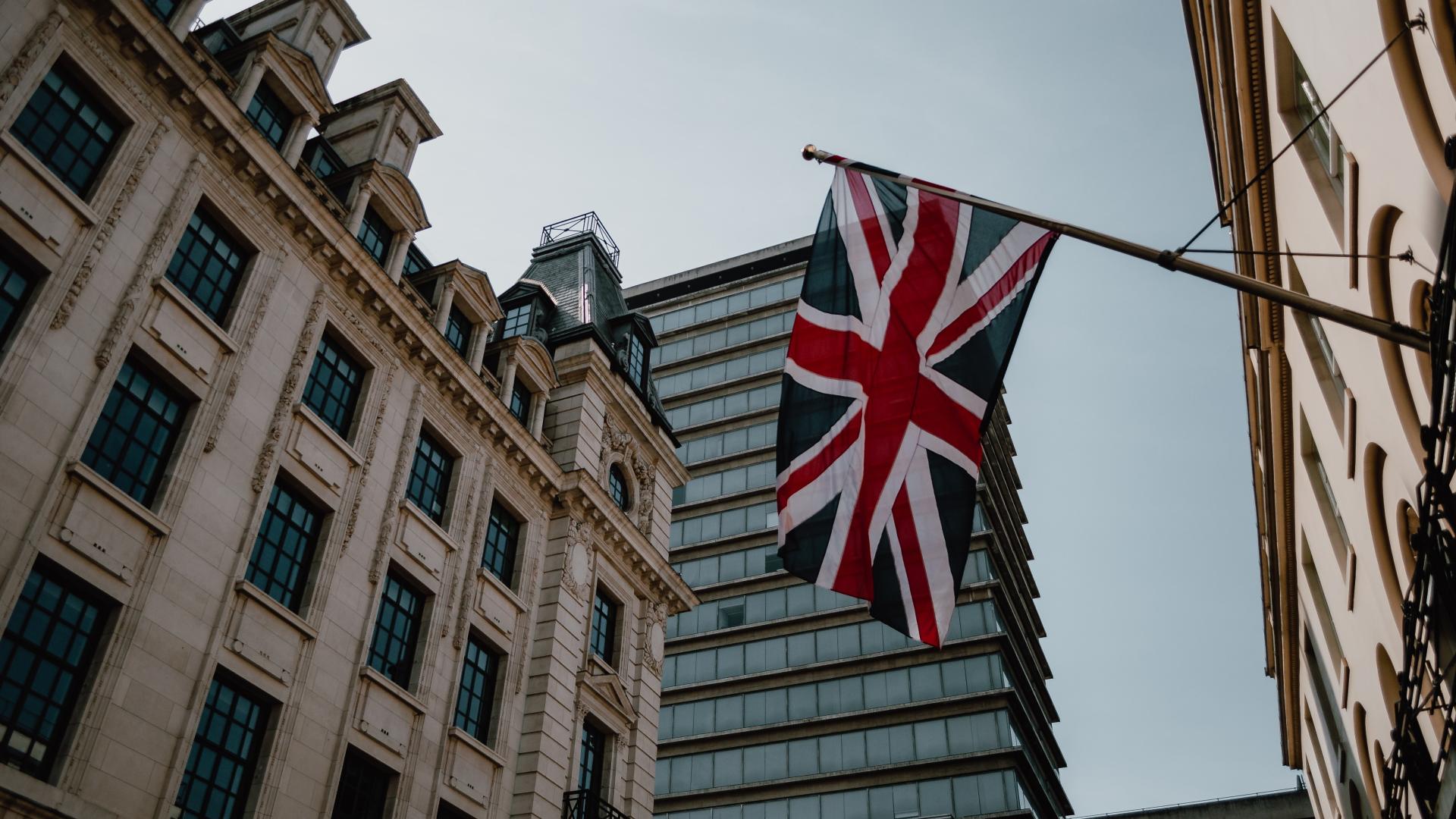Heather Sturgess, Peter Dawson, & Naomi Croft
The past several weeks have seen a lot of speculation around when the next general election will be held, and what a new parliament will mean for the UK. At nfpResearch, times like these often mean fielding questions from charities wondering when the time is right to start monitoring their standing with MPs once we have our new parliament. Our advice: start TODAY.
Here is our list of reasons why it’s important get to grips with MPs even before electoral changes arrive:
1. There could be 18 months left of this parliament
This parliament may still have quite a bit of time left in it, despite all the hype of what the by-elections could mean for Labour and Conservatives future success, and the coverage of MPs deciding to stand down before the next election.
The latest an election could be called is January 2025, though many speculate that it’s likely to happen in Autumn 2024. We’ve seen PMs who took over midway through a parliament (like Gordon Brown) hold off calling for an election for as long as possible, so there’s a precedent for another year and a half of Conservative majority.
It’s well worth working with the MPs currently sitting, as plenty can change in politics in a year. There is still plenty of time for legislation to pass, for example. We’re seeing a lot going through on issues that charities care about, from the Migration Bill that was recently passed to the Online Safety Bill and plenty this week on the environment. Making sure you have influence in the conversations around these changes mean bolstering your relationships with MPs sooner rather than later.
2. Rishi Sunak’s legacy
Rishi Sunak will be looking for the best time to call an election, but will also be considering his legacy should he only be a one-term (one quarter term?) PM – and with a Conservative majority, there's still time to ensure one. He will be aiming to build a list of achievements that he can talk about come election day.
On top of this, Keir Starmer has said he is unlikely to change legislation around the two-child limit on child support. This indicates that he may not rock the boat if he becomes PM. So, for now, it seems that decisions made by this parliament would not necessarily be changed should a Labour government get in. Charities should therefore be looking to engage now and make sure that their beneficiaries are considered today.
Research from our CAM monitor has shown that the public would vote for Labour if an election were called tomorrow. However, as we approach election day it’s very likely that we end up with a much closer race. In fact, a Conservative defeat is by no means inevitable. Preparing for this outcome means engaging now, and understanding what Conservatives think of your work and the campaigning that you do.
3. Influencing election pledges
The recent by-election in Uxbridge was won by a Conservative candidate who built his campaign largely as a one issue candidate, standing against the expansion of the Ultra Low Emissions Zone. Despite being a seat that has voted Conservative since 1970, the vote was won by only 495 votes. With Starmer quick to suggest that the ULEZ issue was the reason Labour lost, there’s fears that the takeaway from this may be that parties do not see green issues as vote winners. However, there were a lot of other variables at play, and its vital now to push the narrative that the public are, in fact, behind environmental causes.
Moments like this are emblematic of the public’s top concerns, and MPs are watching closely to ensure that they can address the hot-button issues in the coming months. Now is the time to engage them and ensure that your cause makes their list of pledges. Political parties are in broadcast mode in the run up to elections; there may be no better time to build up and show off the support you have behind your goals to inform what go into contenders’ manifestos in upcoming months.
4. Preparing to get off to a strong start with the next parliament
Ensuring that your charity is visible and engaged with MPs will help you influence their list of pledges, and can give you a boost when it comes for the winning party to set their agenda. But more importantly, the engagement that you undergo from now until the election will strengthen your relationships with whichever party ends up in our new parliament.
Building relationships with Labour MPs, and understanding what they think of your campaigns, will be key to getting off to a strong start with Labour if they become the major party, as polls predict they will. Finding out now what MPs like about your organisation, how they like to engage with you, what they want to hear more about on key issues, and why they like or dislike your campaigns will mean you can pick things up quickly after the election period.
Ultimately, politics is about relationships, and relationships need time to develop. Engaging now while politicians have an ear to the ground for causes they can support may be one of the best opportunities you have to build long-term and consistent engagement with the next wave of MPs, both at a local and national level.
As always, to learn more about our work with MPs consider downloading a briefing pack below, or message our politics lead Heather Sturgess at heather.sturgess@nfpResearch.com

